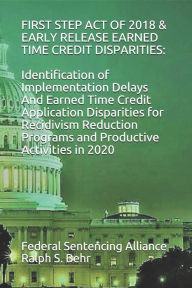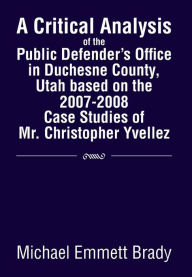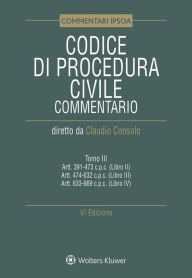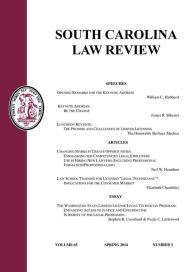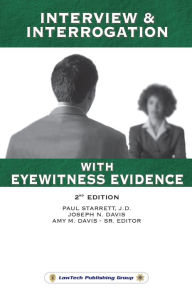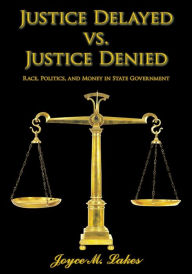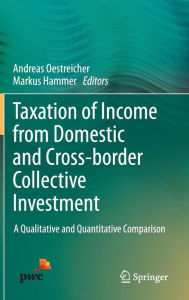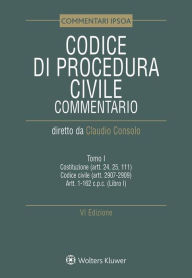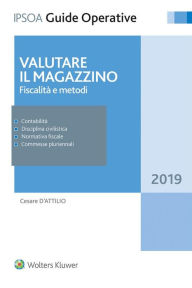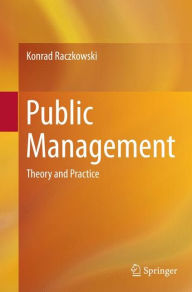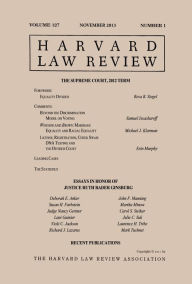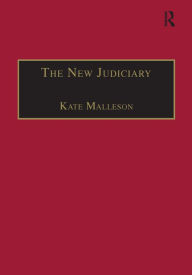FIRST STEP ACT OF 2018 & EARLY RELEASE EARNED TIME CREDIT DISPARITIES: : Identification of Implementation Delays And Earned Time Credit Application Di
by Ralph S. Behr
2020-05-30 08:03:34
FIRST STEP ACT OF 2018 & EARLY RELEASE EARNED TIME CREDIT DISPARITIES: : Identification of Implementation Delays And Earned Time Credit Application Di
by Ralph S. Behr
2020-05-30 08:03:34
The title and sub title of this booklet is descriptive of its contents. From a studied analysis of Risk And Needs Assessment System due dates and planned earned time credit applications, it appears that there were missed due dates for utilization and...
Read more
The title and sub title of this booklet is descriptive of its contents. From a studied analysis of Risk And Needs Assessment System due dates and planned earned time credit applications, it appears that there were missed due dates for utilization and implementation of time credit incentives in 2019; and that, an ultra conservative approach for application of time credits to reduce a sentence is ongoing now. It appears that the beneficial effects of First Step Act time credit incentives and applications are being minimized, instead of maximized, which the Authors believe was the intent of the Congress. There is no doubt that these issues will become political sooner rather than later, as more and more people figure out on their own, the disparities identified in this booklet. Part I., Pages 1-49: All missed mandatory due dates are examined in this publication, together with statutory citations and relevant case law for the issues discussed. Part II., Pages 50-71: On January 20, 2020, the Bureau Of Prisons finally released Attorney General Barr's highly anticipated approved and vetted list of Evidence-based Recidivism Reduction Programs and Productive Activities, albeit six months late (e.g. The List, as found here: https://www.bop.gov/inmates/fsa/docs/evidence_based_recidivism_reduction_programs.pdf) Analysis of The List reveals a planned ultra conservative approach for application of earned time credits incentive hours that may be earned for days of programming participation, (note the distinction of hours awarded for days of programming participation). Moreover, the application of hours stated appears arbitrary and minimal. This ultra conservative approach seems to be at odds with a common sense reading of the plain language of the First Step Act Of 2018. All of the issues and time credit application disparities presented in this publication are of first impression in the United States, and appear ripe for Mandamus review, Habeas Corpus review, and/or Congressional review. These matters will likely be litigated in 2020 and in the years to come, as defense attorneys and inmates become aware of these disparities that are planned to continue into the future. Unfortunately, the First Step Act Of 2018 was drafted vaguely. As such, it has a conservative reading as well as a liberal reading. The middle is a literal reading, which is the focus of this booklet. Federal Sentencing Alliance is not a law firm, cannot, and does not give legal advice. You are encouraged to hire a licensed attorney to discuss the particulars of your case, and to be guided by their sound legal advice. © 2020 Federal Sentencing Alliancewww.FederalSentencingAlliance.com and © 2020 Ralph S. Behr www.ralphbehr.net Special Note: On February 24, 2020, Attorney General William Barr appointed Michael Carvajal as the brand new Director Of The Bureau Of Prisons. You can find that DOJ Press Release here: https://www.justice.gov/opa/pr/attorney-general-william-p-barr-names-michael-carvajal-director-bureau-prisons
Less


